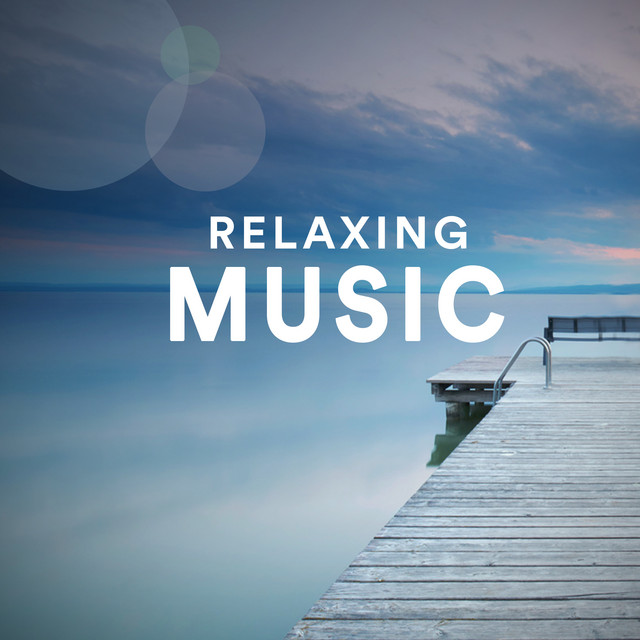If you’re looking for relaxing music, you’re not alone. In fact, there are a lot of people out there who are in the same boat, wondering how to find relaxing music that helps them wind down before bed. You can actually choose from various types of relaxing music, including Chill-out music, Meditation melodies, and even Motivational music.
Chill-out music
Most of us are glued to our laptops or smartphones in an attempt to keep up with the Joneses. Luckily, we can choose from a long list of playlists that cater to our irrational desires. The trick is selecting the right ones based on our preferences and schedule. For example, it’s important to not only pick a music genre, but also to know what’s going on around you. That’s where a playlist planner comes in handy. With a list of requisites in tow, you’ll find yourself a few minutes away from the office before you know it. It’s easy to get caught up in the frenzy of getting a new job. In fact, it’s a good idea to set aside a few hours in your day to make the most of your downtime. As long as you can put a smile on your face, you’ll have an enjoyable time. Luckily, you don’t have to shell out for a therapist to do it for you.
Meditation melodies
When it comes to finding meditation melodies, you have a variety of options. These include music resources such as online audio libraries, listening to relaxing music, and engaging in the art of mindfulness.
Practicing meditation can be a fun way to enhance your health and reduce stress. Many people find it easier to get through the day when they are relaxed. However, if you are not a meditator, you may need to learn how to find the best music to aid in your relaxation.
Meditation has become more popular in recent years. It is used to reduce stress, increase focus and creativity, and improve physical and mental health. While there are many different ways to do this, music is one of the most effective.
If you are just starting out with meditation, you will want to try some of the simpler techniques. Some of these include meditating at a slow speed and focusing on your breath. The most important thing to remember is to enjoy the process and not let your mind wander.
Sleep music
Relaxing music has been proven to help people sleep. Some studies have even shown that using it can help you avoid insomnia.
There are many different types of relaxing music. One of the most popular is sleep music. Sleep music is a genre of instrumental music that is intended to relax you. It usually uses slow tempos and soothing voices to help you drift off.
Sleep music is sometimes called healing music because it’s designed to help you relax. You can use it as a background soundtrack while you’re trying to fall asleep, or you can play it before bedtime. The type of music you choose can also have a big impact on your quality of sleep.
Relaxing music is based on the idea that rhythm and tempo will affect your ability to fall asleep. Studies have shown that playing music with beats of 60 or less can help you fall asleep. This type of music is usually instrumental and contains a variety of timbres and harmonies.
Motivational music
Motivational music can have a powerful effect on your life. It can transform your mood, boost your productivity, and help you achieve your goals.
Music can motivate you through every phase of your life, from school to work to exercise to relaxation. In fact, some people find that music can even help them deal with stress.
One way to make music a motivating force in your life is to create a motivational playlist. These playlists can help you get things done, but you’ll need to pick the right songs for each situation.
Creating a motivational playlist can be a time-consuming task, but it’s important to find songs that will fit your goals. There are many different ways to search for the perfect track. You can use your existing favorites, or you can search by genre, artists, or mood.
The main thing to remember when searching for motivational music is to make sure it’s relaxing. Studies have found that music can have a positive impact on physical symptoms of stress. This includes lowering your heart rate, blood pressure, and cortisol.
